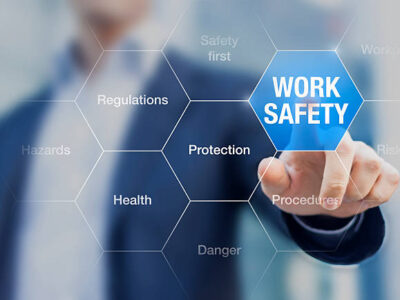In fact, you may happen to work at one of the most dangerous jobs in the nation. Then again, you might be one of many California residents who report to a desk in an office every day, but that does not guarantee that you will never suffer a workplace injury either. Some jobs are definitely more dangerous than others are. What’s most important, no matter where you work, is to know what to do if you suffer an injury on the job and how to obtain benefits to which you may be entitled.
How great is your risk?
If you’re a schoolteacher, a writer or an office administrator, your risk for injury in the workplace is likely quite low. The following list shows some of the most dangerous jobs in the nation where workers are at greater risk for severe and even fatal injuries:
- Job safety analysts typically list logging as the single most dangerous job in the nation. The most common injury-causing accident in this line of work is objects striking workers.
- Commercial fishing is also a highly dangerous job to have in the United States. In 2016, there were approximately 86 deaths per every 100,000 workers in the commercial fishing industry.
- You may be among those who earn a living driving a delivery truck or other commercial vehicle. At least 80 percent of fatal injuries suffered in this type of work result from motor vehicle collisions.
- Agricultural work ranks high on most lists of dangerous jobs as well. Heavy farm equipment, power tools, vehicles and other issues place ranchers and farmers in harm’s way in the workplace.
Chances are, if you have to take time off work because a paperweight or other heavy object falls off a desk and hits your toe, you will likely be able to return to work after achieving a full recovery in just a few days or maybe a week, if you actually broke a toe. If, however, you fall off a high ladder, get caught in a mechanized piece of equipment or are involved in a motor vehicle collision, your recovery time may be quite lengthy.
Partial or full, permanent disabilities
Surviving a workplace accident is one thing. Not being able to return to your duties because of the injuries you suffered in an on-the-job accident is quite another. Moderate to severe workplace injuries often spark financial crises for workers as well. It’s no secret that medical treatment is expensive. In addition, if you can’t work, you might not have any other source of income to help make ends meet.
Seeking support
In such circumstances, it helps to speak with someone well versed in workers’ compensation laws to gain knowledge and needed support to seek the maximum benefits to which you may be entitled.



